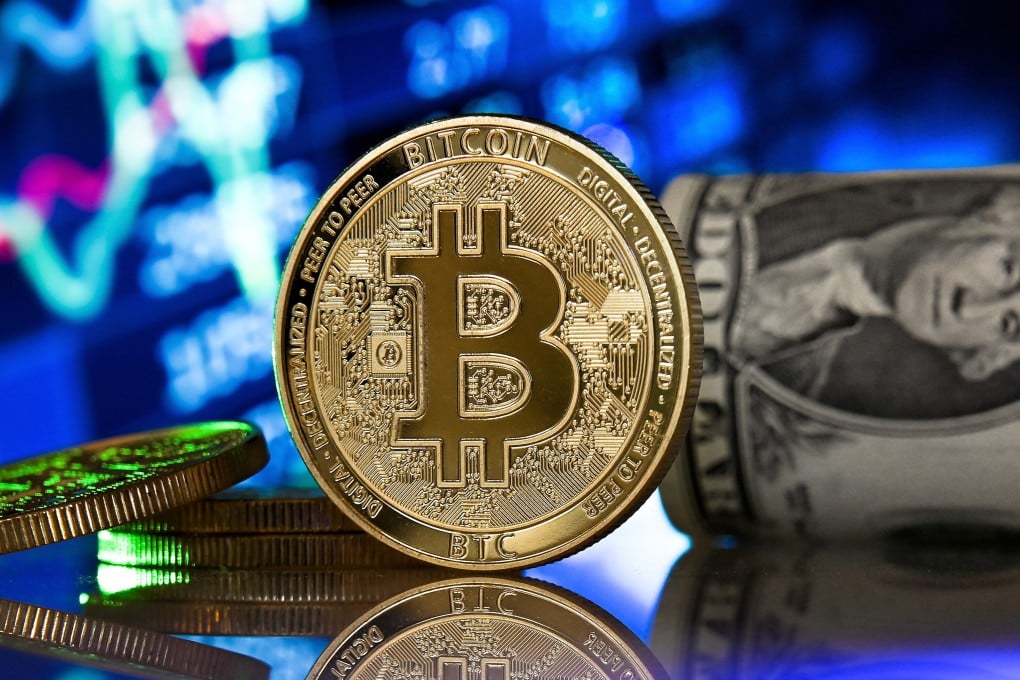The View | Why bitcoin remains an investment risk and a currency puzzle
- With saving and investing, for most people, it’s best to stick to simple assets with easily understood characteristics. Bitcoin does not meet that test and there is also a regulatory risk
- Owning bitcoin is a bit like owning a lottery ticket: low odds but a potentially immense payoff. That is one scenario and probably argues for a small allocation. There are, however, other scenarios

Two perspectives are useful in thinking about bitcoin: within the sweep of history and as part of a portfolio. From either perspective, I am not attracted to it.
While most people find talking about the money supply boring, the question of how much currency to create is critical for social stability. If either too little or too much money is created, the economy and society become unstable. If the money supply grows at an appropriate rate, the consequent stability creates the requisite conditions for innovation, boosting the standard of living.
Throughout history, currencies have come in two forms, those whose supply is flexible and determined by committee, and those whose supply is constricted and determined by some non-human force, such as nature for gold or an algorithm for bitcoin.
A flexible system can reduce economic volatility by expanding and contracting the money supply as needed. A fixed system eliminates the risk of inflationary money printing.

